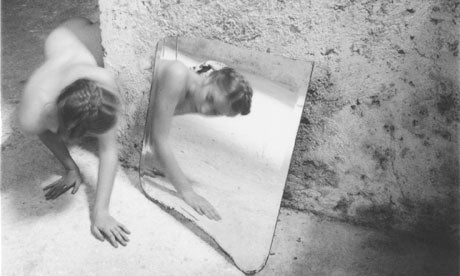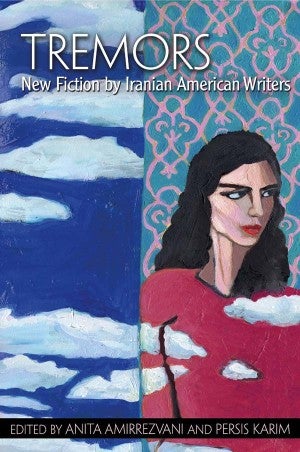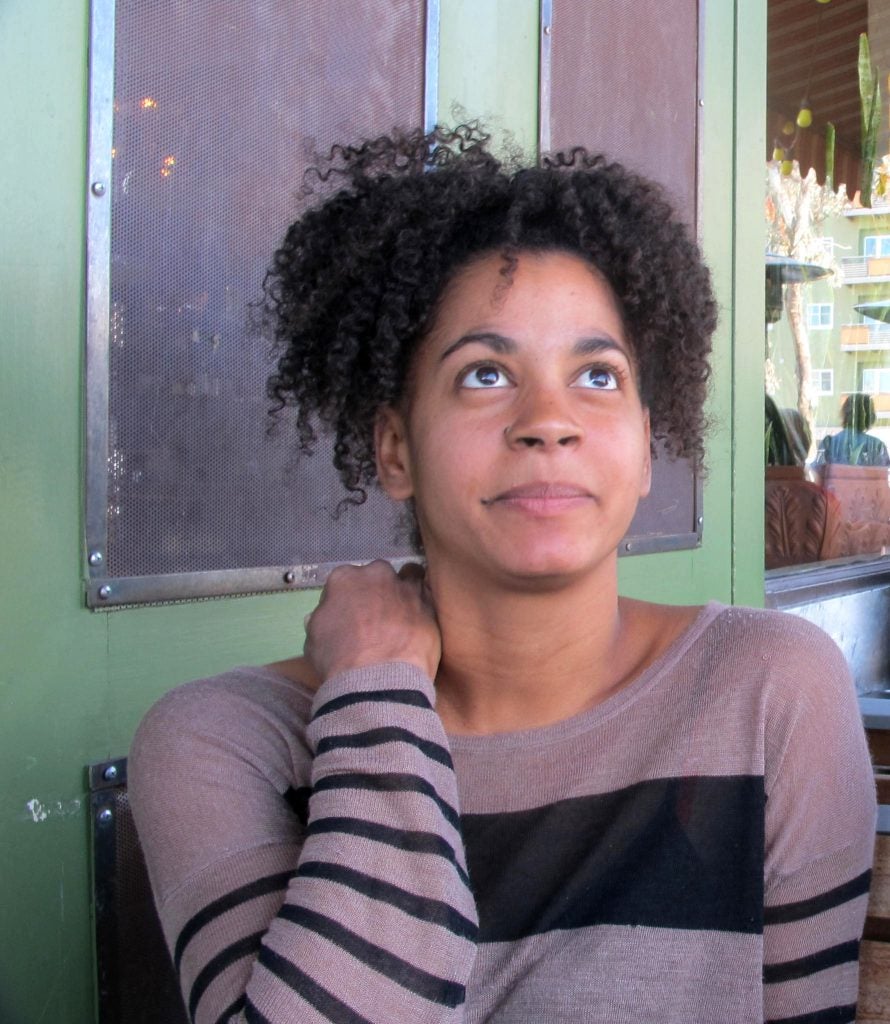“I think the idea that writing makes people feel better is usually mistaken. Finishing a book, or a story, or an article, is an accomplishment and that should bring a measure of joy and/or relief, but I think when people set out to write about painful experiences they delude themselves when they claim that they will feel better at the end of the experience. They might feel better by virtue of finishing the book or the story, but I don’t think that means they will feel better about whatever was ailing them when they started out. I just don’t think writing cures despair. Melville says as much in his diaries, and so does Shakespeare’s speaker at the end of the Sonnets: ‘Love’s fire heats water, water cools not love.'”
“I think the idea that writing makes people feel better is usually mistaken. Finishing a book, or a story, or an article, is an accomplishment and that should bring a measure of joy and/or relief, but I think when people set out to write about painful experiences they delude themselves when they claim that they will feel better at the end of the experience. They might feel better by virtue of finishing the book or the story, but I don’t think that means they will feel better about whatever was ailing them when they started out. I just don’t think writing cures despair. Melville says as much in his diaries, and so does Shakespeare’s speaker at the end of the Sonnets: ‘Love’s fire heats water, water cools not love.'”






